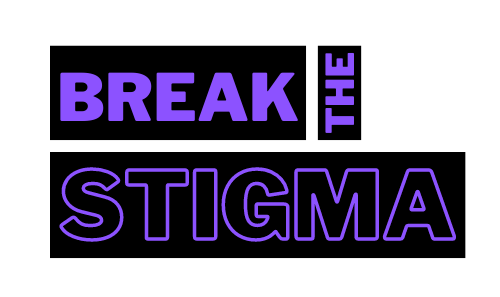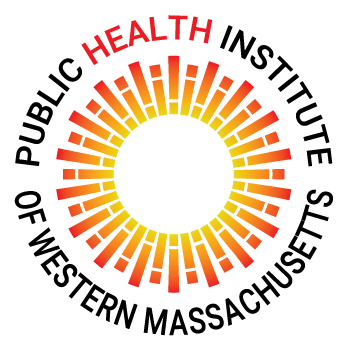Break the Stigma Campaign
Substance Use Disorder, like cancer and diabetes, is a chronic disease and should be treated like one. Unfortunately getting treatment for the disorder is stigmatized, keeping people from seeking help. Today the opioid crisis is killing people in Western Mass at an alarming rate. Help “break the stigma” - get the facts on substance use disorder and Narcan, and
find treatment options and related resources. The difference could mean life or death of a loved one.
Check out the Words Matter Pledge developed by the Quaboag Hills Substance Use Alliance to help community members and businesses better understand substance use disorder and dismantle stigmatizing language. This effort is also funded by the same NACCHO grant.
Find Resources
Substance use treatment and recovery can look different for each individual, and requires compassionate and supportive care. Access resources below to refer yourself or a loved one. More resources can be found here.
Need immediate help?
If you or someone you know is experiencing a crisis, get help 24/7 by calling the
MA Substance Use Helpline (800-327-5050) or a
local crisis center.
Treatment
Support Services
Overdose Prevention
Housing
Find Additional Resources
Search for other programs and services such as medical care, food, education, mental health, and more!
Is a resource missing? If there is a program that should be added to 413Cares or this resource page, please contact Liv Anna Homstead.
Tell us if this campaign made a difference!
Complete this 2 minute survey. All responses are anonymous and information will be kept confidential.
About This Work
Gándara Center has created this media campaign to reduce stigma of substance use and opioid use disorders. This charge is part of a collaborative project funded by the National Association of County and City Health Officials (NACCHO), which has provided a $500,000 grant to Hampden County for the implementation of overdose prevention strategies across rural and urban parts of the county. The NACCHO grant supports the work of 5 key partners: Gándara Center, Mercy Medical Center, Quaboag Hills Substance Use Alliance (QHSUA), Northampton Drug Addiction and Recovery Team (DART), and Choice Recovery Coaching Inc. The goals are to increase the use of harm-reduction strategies, increase access to appropriate treatment, and reduce the number of overdose deaths.
Part of this collective worked started on a smaller scale through the Hampden Community Health Improvement Plan (CHIP), and this funding opportunity allows deeper work to be done to address substance use across the county. The Public Health Institute of Western MA is providing administrative and convening support on this grant. To learn more, contact Liv Anna Homstead.
Become a part of 413Cares.org
Be part of this initiative by listing and managing information about your programs and services. Your organization will join many community-based organizations that help people in our region connect to the services they need and may be searching for. It’s free and easy to do.
Get the latest regional COVID-19 health and information.



